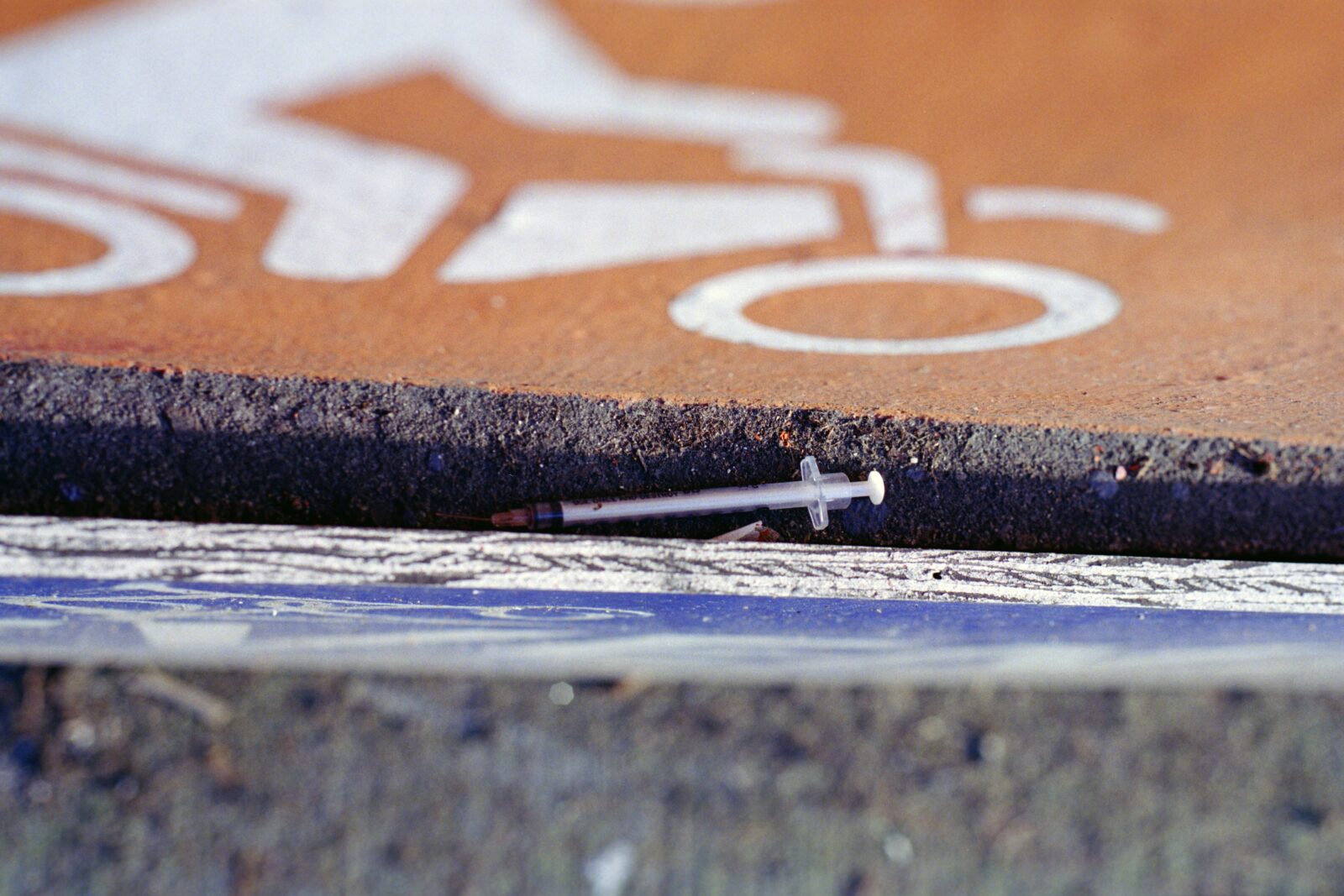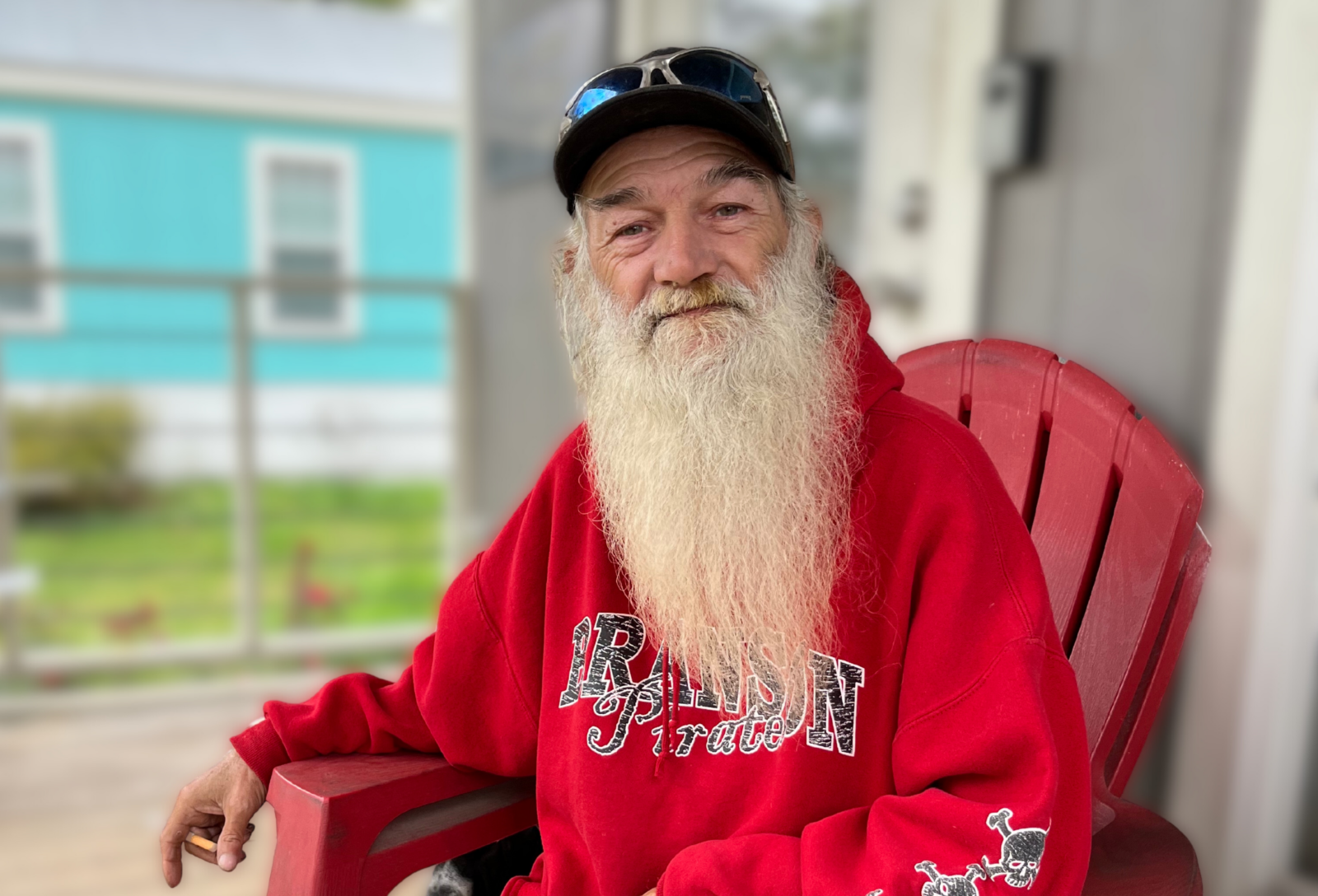

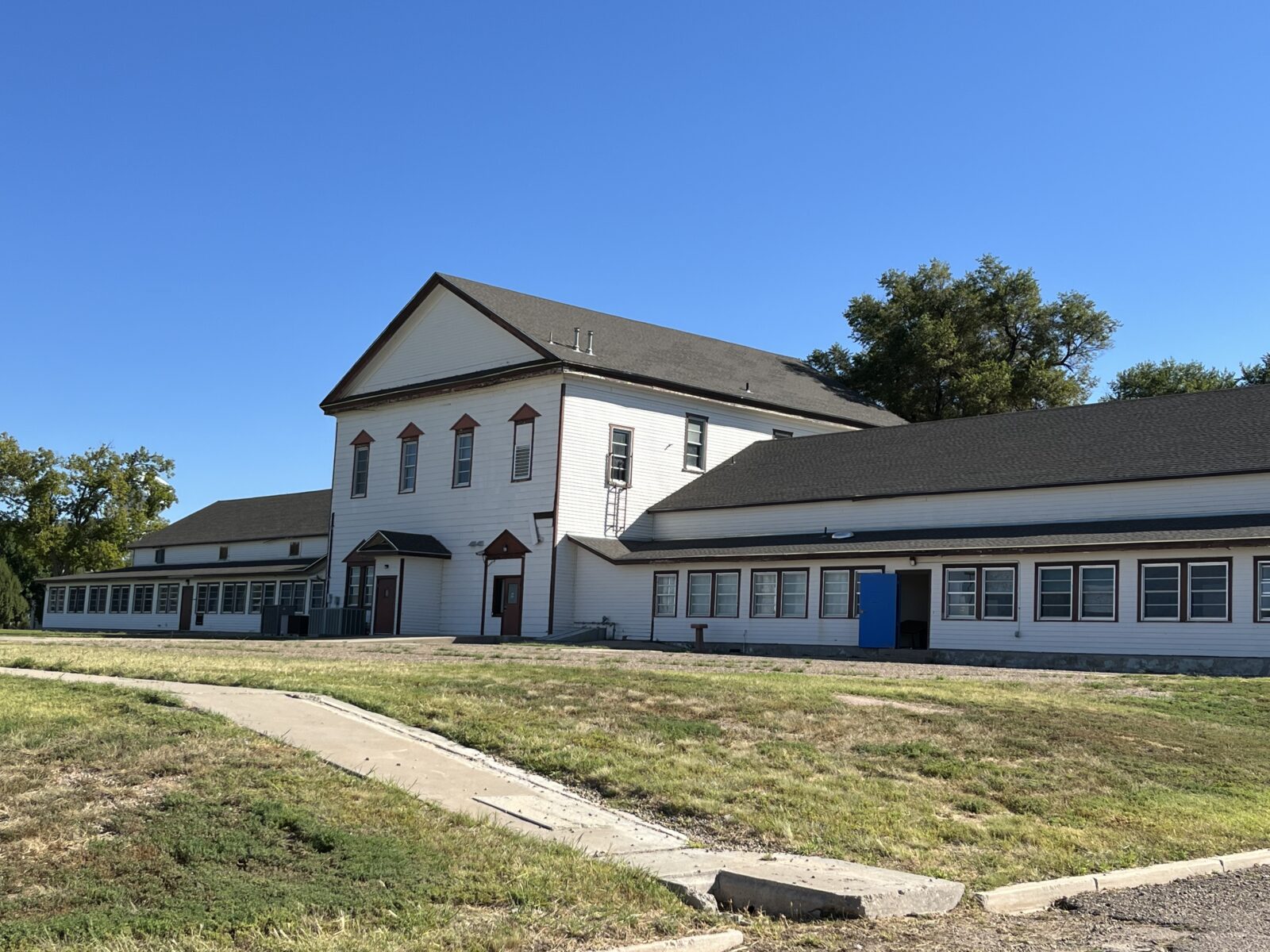
By Popular Demand, No Drugs on the Premises

Remembering Annie: Formerly Featured Heroin Addict Looses Her Life

Diving Into Numbers
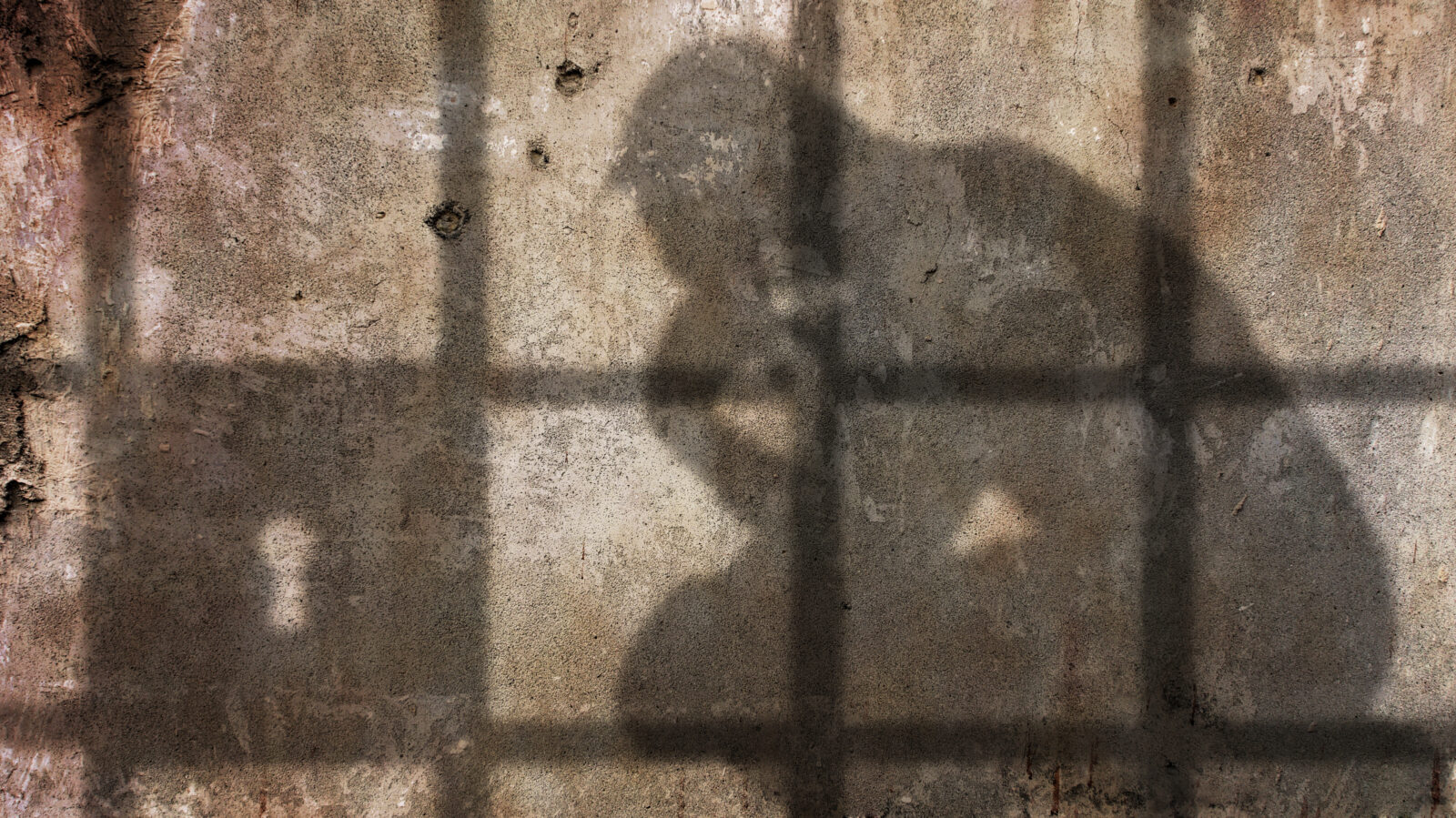
It’s Friday, and Meth’s No Fun Any More
Let’s go back to the campus of the Orange County Rescue Mission (OCRM), where each formerly homeless student wears a lanyard that holds up an electronic ID card. The card is a key for his or her bedroom but also tracks whether and when the students show up at their class or work assignments. Freshmen — students in the first 3-5 months of what is typically an 18-month program — go through assessments of physical and mental health, educational and legal status, computer skills and financial understanding. They participate in therapy groups, work through three books in a Design for Discipleship series, and wear yellow lanyards. Sophomores wear green lanyards, get all the documents and character references they need to Read More ›
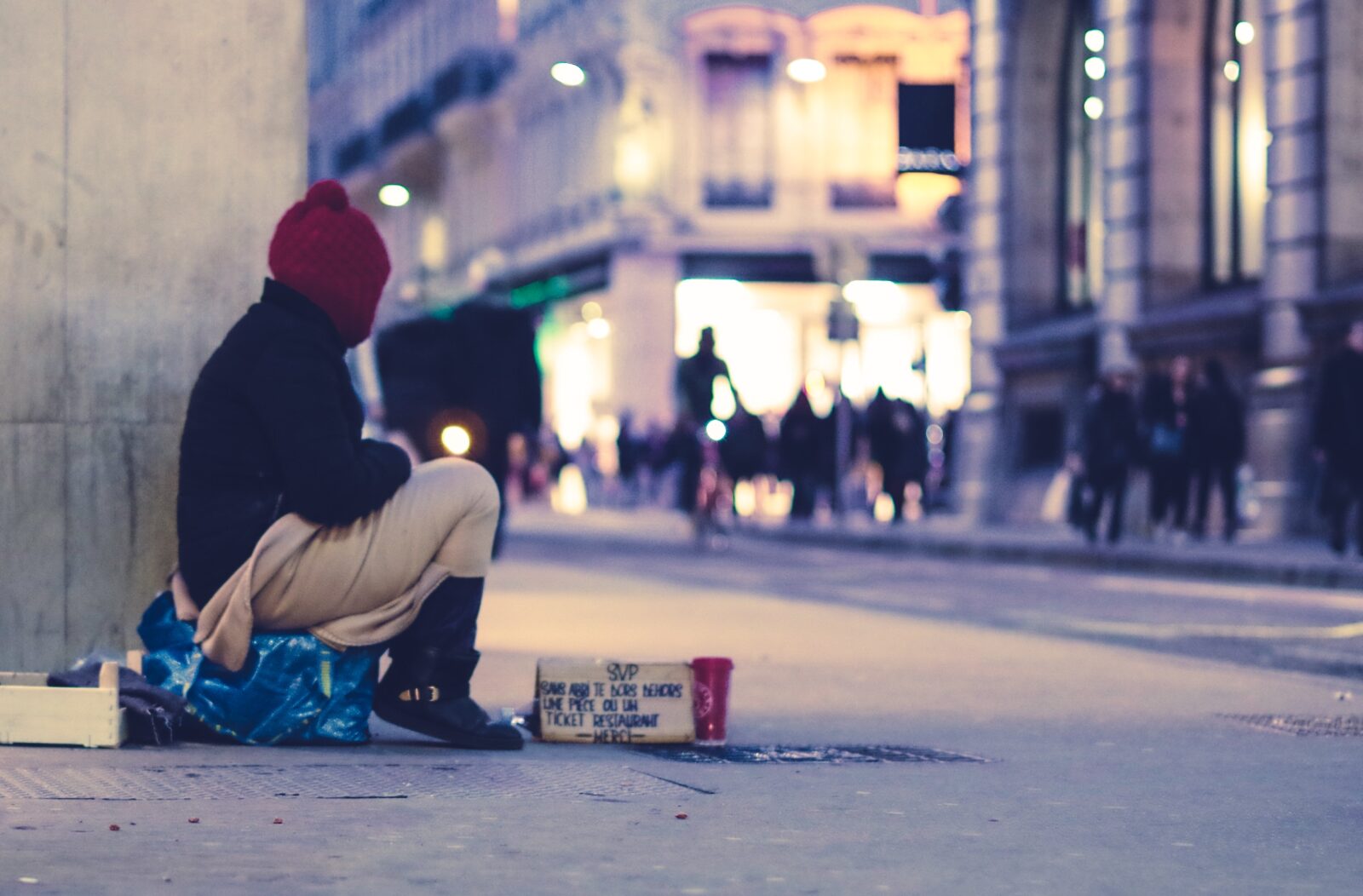
After Reading Current Assumptions, Try Some Wisdom From the Past
C. S. Lewis once said, “It is a good rule, after reading a new book, never to allow yourself another new one till you have read an old one in between. If that is too much for you, you should at least read one old one to every three new ones.” The same goes for teaching about how to help the homeless and poor. Ever since 2013, federal policy has been “housing first”: Get homeless individuals under a roof with no pressure to get the mental health help many need, and no pressure to fight the drug addiction and alcoholism. We tend to equate compassion with giving-without-strings. That’s not the way influential poverty-fighters in the late 19th century thought. Maybe Read More ›
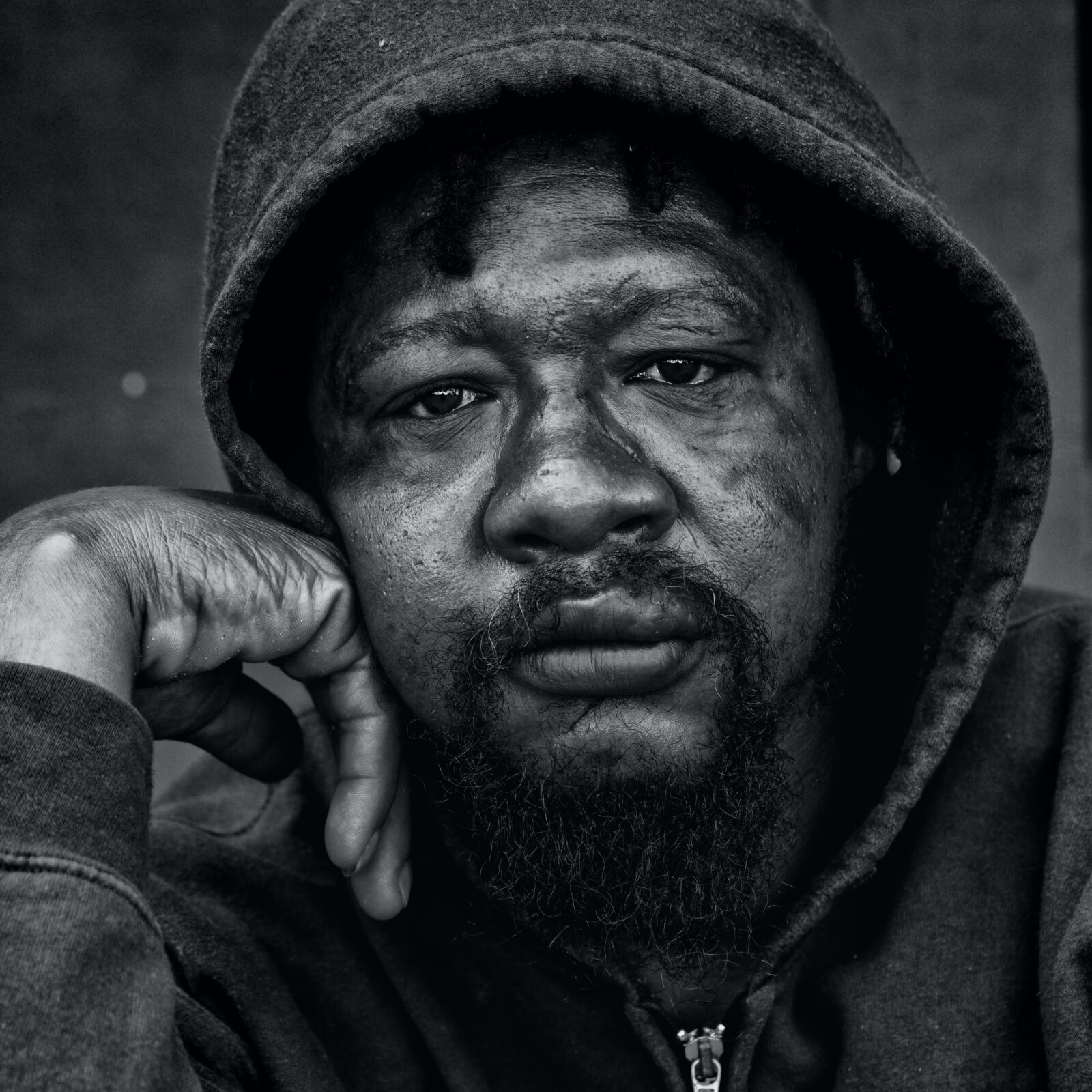
Understanding the Homeless Debate
This column begins year two of my weekly writing specifically about homelessness: 52 down, 52 to go, and then it’s time to turn columns into a book. People new to the homelessness debate often find the recommendations of various groups confusing. So here’s a simplified, maybe over-simplified means of understanding the big four prescriptions: Let’s unpack this. Housing First advocates in government and at the National Alliance to End Homelessness say homeless individuals should receive permanent housing with no questions asked: They cannot be required to address their alcoholism or addictions, nor should they be pushed to meet with mental health professionals or take any medications. Further, Housing First emphasizes “client choice” regarding the housing that is offered: Those who Read More ›

To Fix Homelessness, Stop Fixating On Housing
Homelessness affects cities across the country, but it’s not just a local issue, though media cover it that way. Nor is homelessness mainly about housing; rather, it’s largely about untreated mental illness and drug addiction. Consistently misdiagnosed, homelessness is being wrongly addressed. And the policies that give rise to homelessness largely come from Washington, D.C., not localities. A bill called “Housing PLUS” has been introduced in Congress by Rep. Andy Barr, R-Ky., with 22 sponsors, to start to rectify these policies. A national mental illness crisis has been building since the deinstitutionalization of the mentally ill began in the 1960s. Drug addictions also have increased and most surveys show that the “homeless” are often both mentally ill and addicted. Cases like the Read More ›
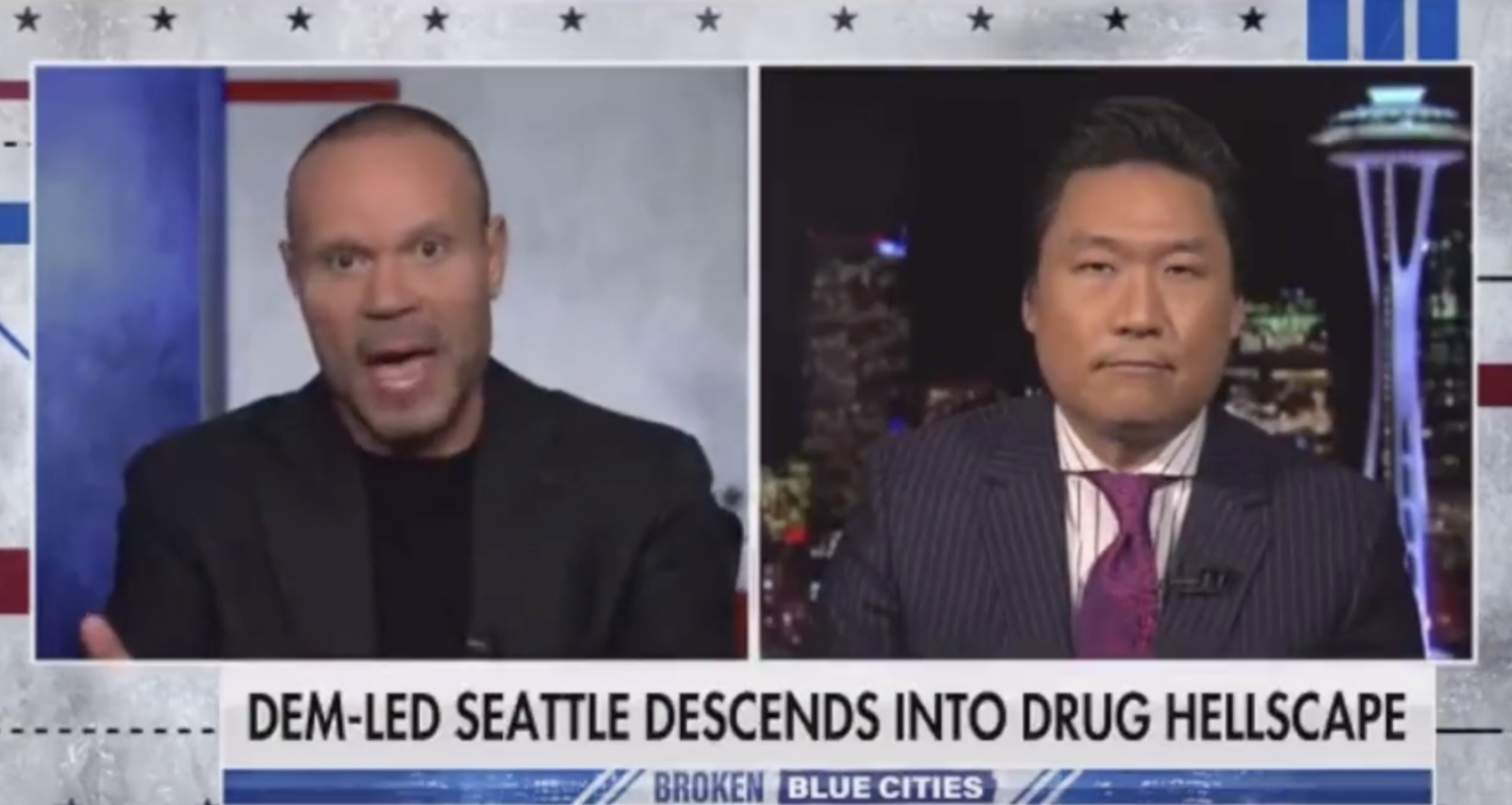
Jonathan Choe on Unfiltered with Dan Bongino
Jonathan Choe joined Dan Bongino on Unfiltered on Fox News to share his coverage of the drug crisis crippling cities like Seattle. Watch the segment below.
